Protein is an essential nutrient, serving as the building blocks for various tissues and organs in the body, playing a fundamental role in muscle maintenance, immune function, hormone regulation, and wound healing.
While many people turn to animal sources to meet their daily requirements, there are many highly nutritious sources of plant based protein you should be eating each day too.
Why is eating enough protein important?
As we age, ensuring adequate protein intake becomes increasingly crucial for supporting overall health and well-being. With age, there is a natural decline in muscle mass and strength, a condition known as sarcopenia, which can lead to increased frailty, decreased mobility, and compromised quality of life.
Consuming sufficient protein becomes even more essential as we age to help preserve muscle mass, strength, and function, which supports mobility and independence.
How much protein do I need?
According to recommended dietary guidelines for adults aged 19-70 years:
- The RDI for protein intake is set at 0.84 grams per kilogram of body weight per day for men.
- The RDI for protein intake is set at 0.75 grams per kilogram of body weight per day for women.
For adults over 70 years:
- The RDI for protein intake is slightly higher, set at 0.94 grams per kilogram of body weight per day for both men and women.
Incorporating protein-rich foods into meals and snacks throughout the day is essential for everybody. While animal products like chicken, fish, meats, eggs, and dairy are well-known sources of proteins, there is another group of proteins that are also excellent for feeding your gut microbes – plants.
Best sources of plant based protein
One common misconception about plant based protein is that it’s not adequate to meet the body’s needs. That, my friends, is simply not true. There is an abundance of plant based protein sources that can provide all the essential amino acids used to build protein, which can be added to your meals or eaten as their own meal.
-
Lentils: Lentils are a nutritional powerhouse, packed with protein, fibre, iron, folate, antioxidants, and essential nutrients. Just one cup of cooked lentils provides approximately 18 grams of protein, making them an excellent choice. They can be added to soups, salads, curries, or burgers.
-
Quinoa: Often referred to as a “complete protein,” quinoa contains all nine essential amino acids, making it a standout plant based protein source. One cup of cooked quinoa delivers around 8 grams of protein, along with a healthy dose of fibre, vitamins, and minerals. It’s versatile as a base for salads, bowls, burgers, and more. Pro tip: Make sure you rinse it before cooking to remove the saponins, which can give it a bitter taste, and use lemon in your dressings for added flavour.
-
Chickpeas: Chickpeas are versatile and protein-rich legumes. One cup of cooked chickpeas contains approximately 15 grams of protein, along with fibre, complex carbohydrates, and essential micronutrients like folate and manganese. Incorporating chickpeas into your diet can help promote satiety, stabilize blood sugar levels, and support digestive health.
-
Hemp Seeds: Hemp seeds are tiny nutritional powerhouses, packed with protein, omega-3 fatty acids, and essential minerals like magnesium and zinc. With around 32 grams of protein per cup, hemp seeds are an excellent option for boosting the protein content of meals and snacks. Sprinkle hemp seeds on salads, yogurt, oats, use them as a nut alternative in your pesto, make them into milk, or blend them into smoothies for a nutritious and satisfying boost.
-
Spirulina: This amazing green algae is renowned for its exceptional nutritional profile, but beyond its rich micronutrient content spirulina stands out as a notable source of plant-based protein. With its protein content ranging from 50% to 70% by dry weight, spirulina offers a concentrated source of all nine amino acids necessary for human health. Add to smoothies, sprinkled over salads, or blend into energy balls.
Looking for a convenient and delicious way to boost your protein intake? Our Australian Hemp Seeds have a massive 33% protein content, whilst containing every essential amino acid. They add a delicious nutty flavour to your meals and go great in smoothies. Save 10% when you purchase a 1kg bag.
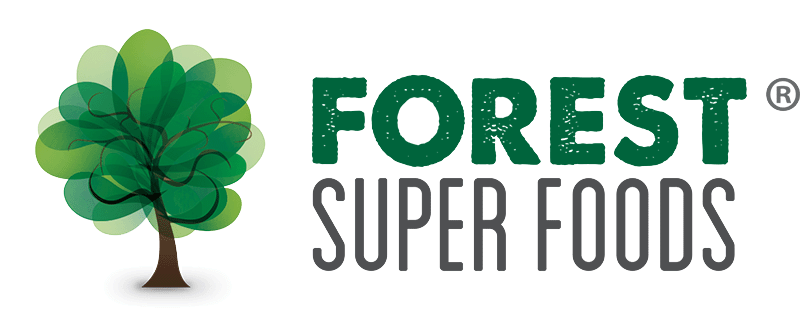

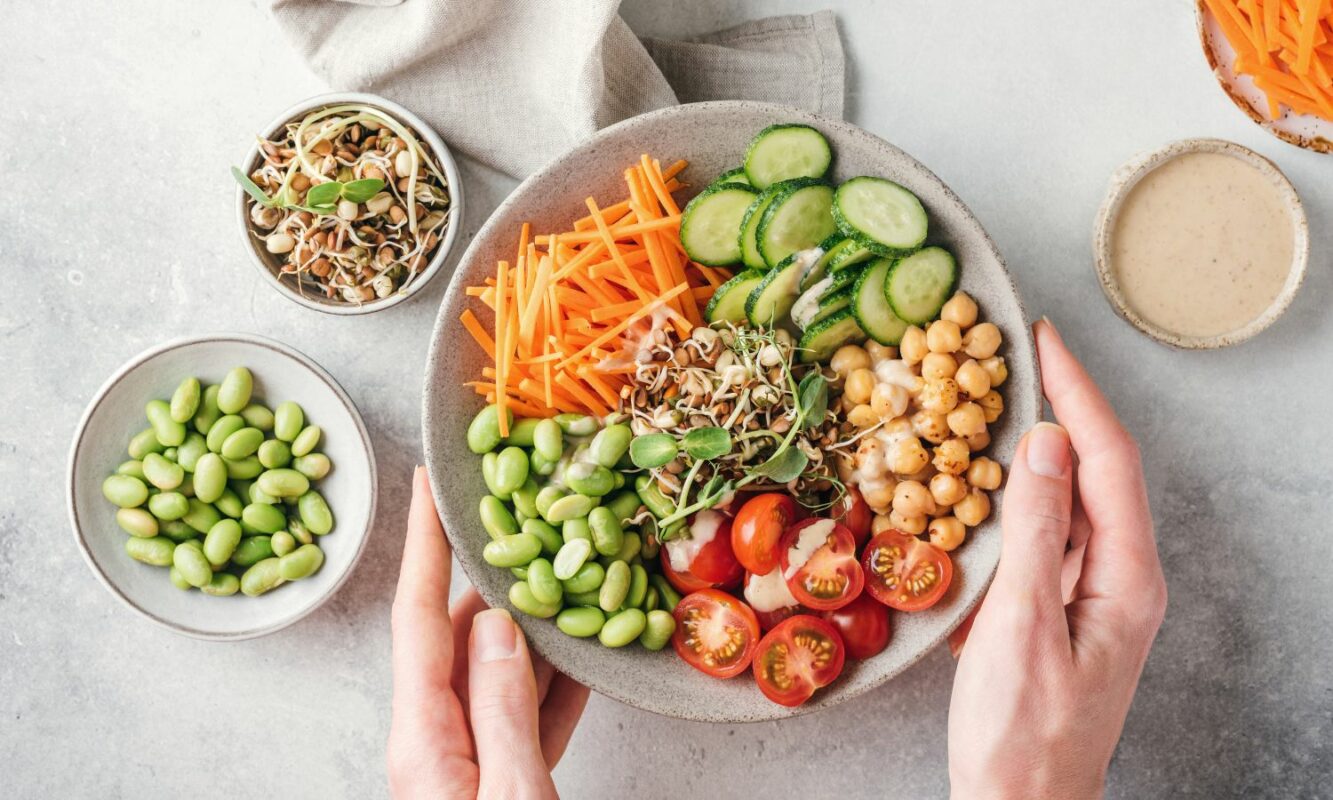
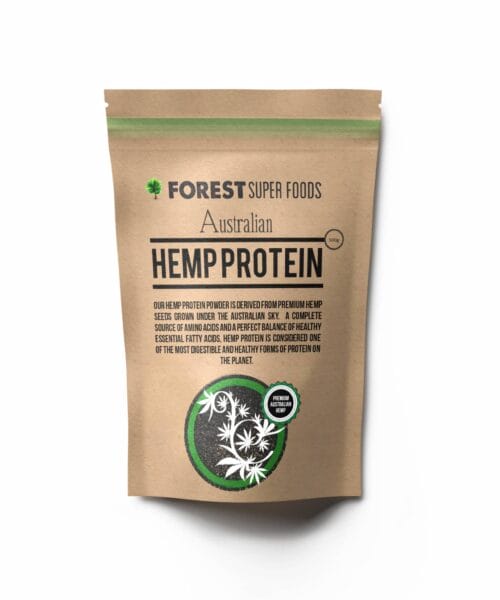
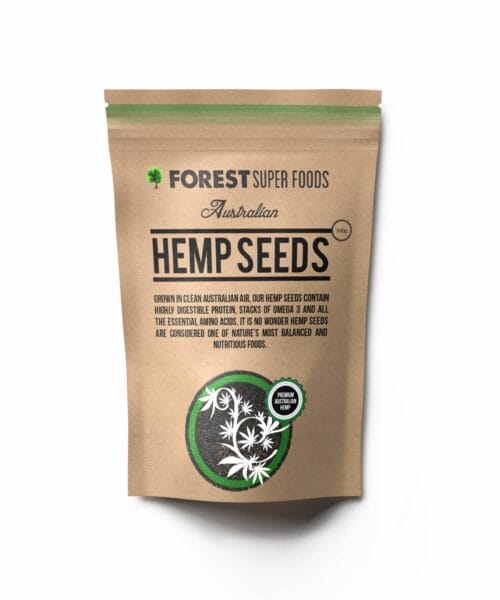
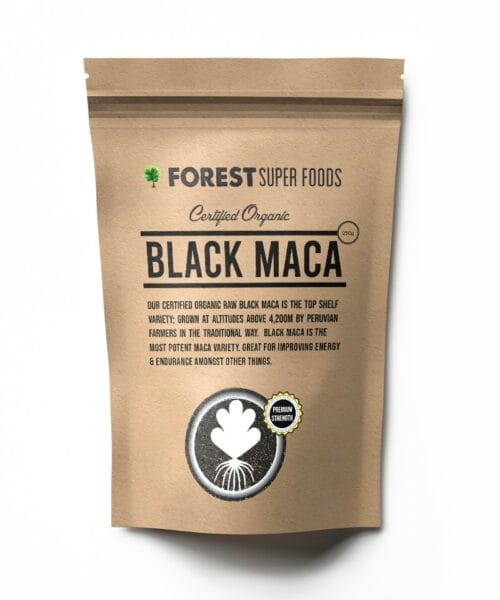
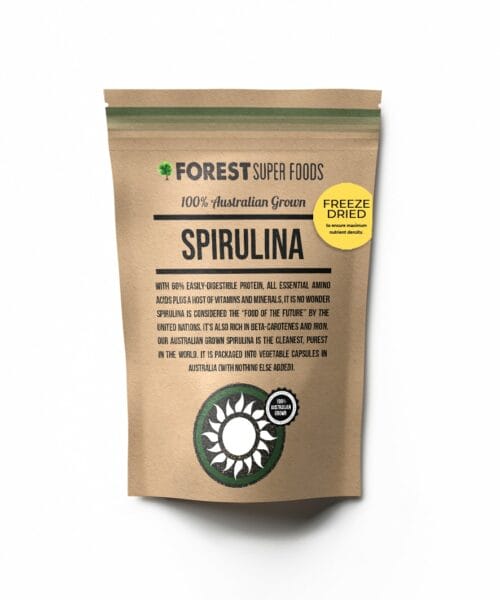
What are best, for the spirulina, tablets or powder?
Hi Stacey, both have the same efficacy it’s just about what you prefer. If it is for smoothies and adding to things then powder is your best option. If you want the convenience of capsules then go for that option 🙂